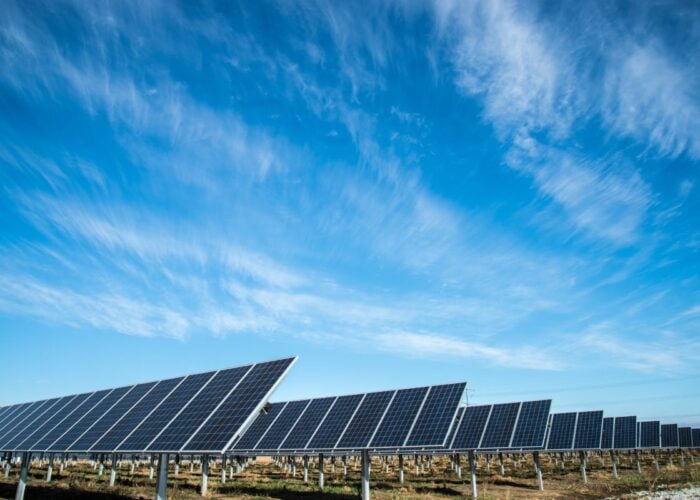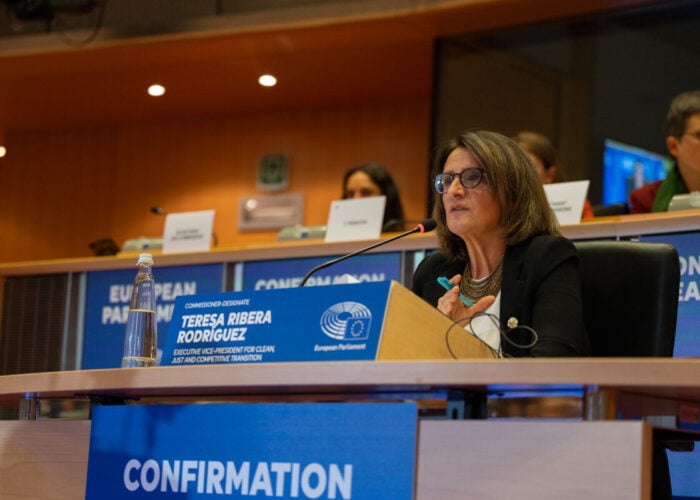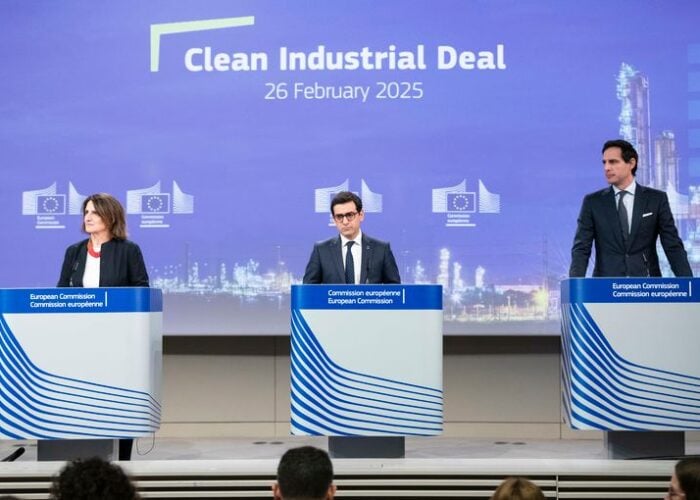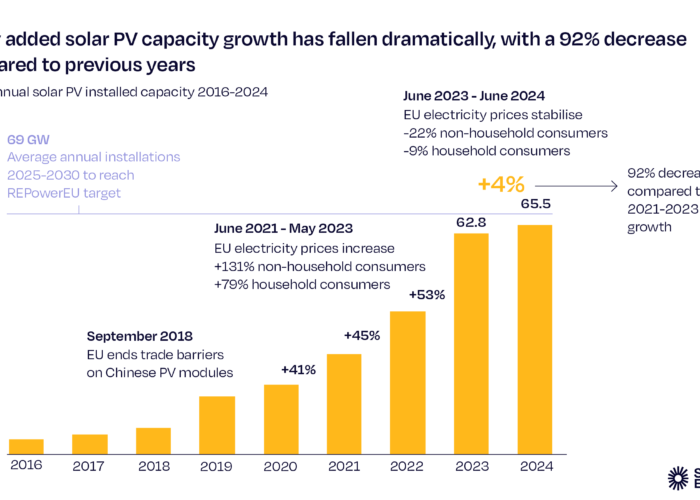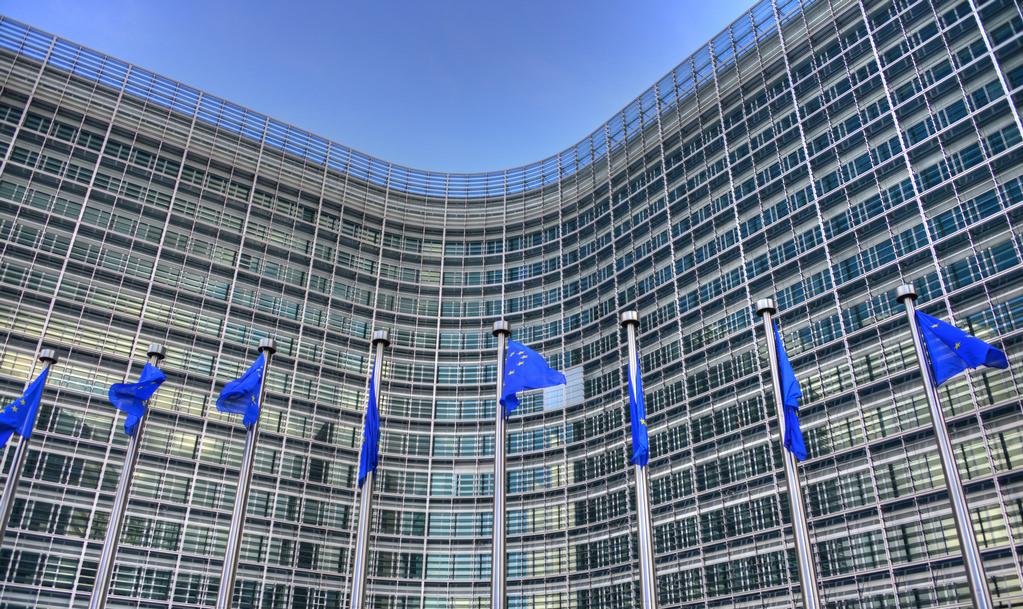
The European Commission will next week set out plans to more than double the continent’s installed solar capacity by 2028, according to a draft of the bloc’s REPowerEU plan seen by PV Tech.
The draft, set to be published on 18 May 2022 and thus could be updated further, details a number of provisions and measures set to be announced by the Commission next week to expand on the REPowerEU documents published in March.
Unlock unlimited access for 12 whole months of distinctive global analysis
Photovoltaics International is now included.
- Regular insight and analysis of the industry’s biggest developments
- In-depth interviews with the industry’s leading figures
- Unlimited digital access to the PV Tech Power journal catalogue
- Unlimited digital access to the Photovoltaics International journal catalogue
- Access to more than 1,000 technical papers
- Discounts on Solar Media’s portfolio of events, in-person and virtual
The Renewable Energy Directive is proposed to be made more ambitious, increasing the amount of energy derived from renewables sources from 40% to 45% by 2030, a figure which would require renewable energy capacity of 1.236TW by 2030. That would supersede the 1,067GW target envisaged under the ‘Fit for 55’ target and a significant increase on the 511GW installed today.
Solar will play a significant role in that rise and the draft states that the Commission to set the REPowerEU target for solar installations at more than 300GW by 2028 and more than double the 165GW of capacity installed as of the end of 2021.
The draft states that the Commission’s Solar Strategy, set to be published alongside REPowerEU next week, will establish a series of actions intended to help achieve those targets.
A European Solar Rooftop Initiative will promote “massive, decentralised deployment of solar energy”, while the Commission will also pledge to collaborate with the industry to strengthen solar supply chains.
The draft argues that while Europe is a leader in production of wind and hydrogen electrolysis manufacture, it lags behind Asia in solar and imports have continued to increase. The Solar Strategy is to confirm the launch of an EU Solar Industry Alliance and a pledge to “intensify work” on the supply of critical raw materials, such as metallurgical-grade silicon.
Additional support for research into the recyclability of renewable energy equipment will also be made available.
Critical to the deployment of solar PV, the draft states, is an overhaul of permitting requirements within Europe, the draft stating that utility-scale solar projects can take up to 4.5 years to receive all necessary permits.
“Speed now matters more than ever,” the draft states, urging that “Member States need to exploit all possibilities for acceleration that exist within the legislative framework”. An EC recommendation on permitting, as discussed earlier this week, intends to significantly reduce that permitting time to just one year.
Details within the draft could still be amended ahead of publication next week and specific details, such as funding to be made available for certain mechanisms, is absent from the draft seen by PV Tech.
However the target of 300GW of installed capacity by 2028 is likely to be regarded as pessimistic by Europe’s solar stakeholders. Earlier this week the energy ministers of several member states addressed EC commissioner for energy Kadri Simson calling for a target of 1TW by 2030, indicating the scale of ambition for solar deployment in certain quarters.
Germany alone wants to see its installed solar capacity reach 215GW by 2030.
Much of the detail relevant to solar PV will, of course, be included within the Solar Strategy document, its imminent release being discussed frequently on the show floor at this year’s Intersolar Europe exhibition, which took place in Munich this week.
Solar stakeholders spoken to by PV Tech will be buoyed by the commitment to EU solar manufacturing, supply chain strengthening and streamlined permitting, however more detail around a possible continent-wide application of carbon footprint restrictions will likely be sought.
More to follow…

